|
The first non-Connery Bond is a paradox. A film that wants to be its own thing is also by far the most self-referential and nostalgic. The most self-aware, it is a meta-Bond from beginning to end. It proves that Bond can exist without Connery while at the same time underlining that it can't just be anybody. George Lazenby is that anybody. It has been well documented - by Lazenby himself - how unqualified he was to fill the role. He's introduced via a series of glimpses of pieces of him, like something from an aftershave advert. 'This never happened to the other fella!' he jokily remarks, except it doesn't make much sense. Getting into fights happened all the time to the other fella. It is the beginning of a series of winks which repeatedly draw our attention to the five preceding Bond films and by extension Sean Connery. Getting over Connery's absence isn't the only challenge for the film. Released in 1969, 007 looks uncertainly forward into the new decade. It will be a recurring failing of Bond that in trying to be up to date, the films often latch onto fads and trends and end up in being merely topical in a way which quickly dates. Lazenby famously gave up on the role before the film was even released, growing a beard and long hair to show he was more akin with the Woodstock 60s than the square James Bond who in Goldfinger had complained about the terribleness of the Beatles. But OHMSS is a spellbinding piece of work. Long time Bond editor Peter Hunt had been vying for the director's chair, losing out on You Only Live Twice, but proving he could handle the second unit for that film competently enough. Here, he provides an exciting and attractive action adventure, which moves at a great pace. There are more elements of genuine espionage and less silly gadgetry from Q department. Also Blofeld's plot - germ warfare spread by unwitting female patients of a health sanitorium - is a tad more original than all the space age and nuclear jiggery pokery of the last few films. Part of this sobriety and originality is no doubt to do with a return to the Fleming novel. And it obviously helped that the novel was a good one. Bond's growing disillusionment with his job - anticipating Timothy Dalton and Daniel Craig's Bonds - placated the anti-establishment times, while his relationship to Teresa - played by the regal Diana Rigg - was the closest Bond had yet come to developing something like a genuine relationship with a woman who was more than two dimensional. She occasionally and literally takes the driving seat, matching both Bond's athleticism and death wish. Of course her freedom is frequently presented in a patronising way - 'good girl!' - and when the bullets start to fly in the last act her father cold cocks her to get her out of danger, so there are still apparently limits to how much freedom even a free-willed Contessa can have. Telly Savalas makes a suave and urbanely convincing Blofeld. The score by John Barry is phenomenal, featuring superb themes and a wonderful song, incidentally Louis Armstrong's final performance before his death. And speaking of death, the final scene of the film has to be the only part of any Bond movie which is genuinely moving. As in ... 'I have something in my eye' moving. And yet. Despite its rediscovery and subsequent rehabilitation, OHMSS also has some problems. Peter Hunt as a first time director directs the hell out of it. He uses speeded up film for the fight scenes, supersonic smash noises, hallucinatory over projections, odd cuts and basically throws the kitchen sink at the movie to give it a new hip feel with varying degrees of success. The story itself does have some langours and a couple of big coincidences to draw characters together that beggar belief somewhat.
But the most problematic element is of course George Lazenby. The Australian car salesman was screen tested over and over again along with hundreds of other actors, which makes his selection all the more baffling. He lacks all the elements of the craft, unable to command the screen or to put on a decent British accent; to such an extent that when he was supposed to be pretending to be Sir Hilary Bray, the producers simply had the actor playing Hilary, George Baker, overdub Lazenby's lines. This goes on for several scenes. But it isn't simply his acting. The fact he only made one Bond means that he never bedded down in the role and established himself the way all the others had the opportunity to do, with the possible exception of Timothy Dalton. So when we see the props from Dr. No and From Russia with Love or we hear the theme of Goldfinger being whistled, it's hard not to wonder what the film would have been like with the absent Connery.
0 Comments
Leave a Reply. |
AuthorJohn Bleasdale is a writer, novelist and screenwriter. Archives
March 2020
Categories |
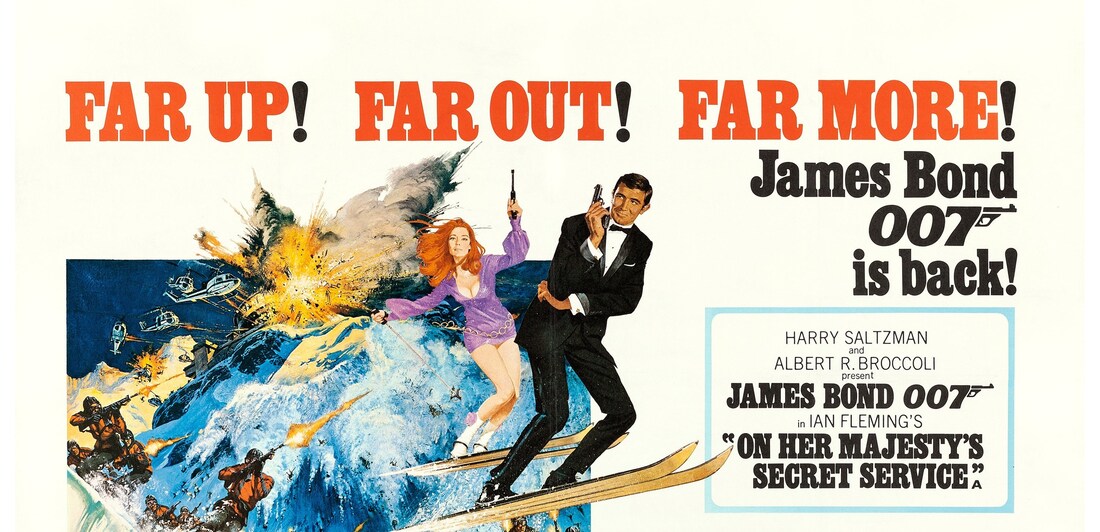
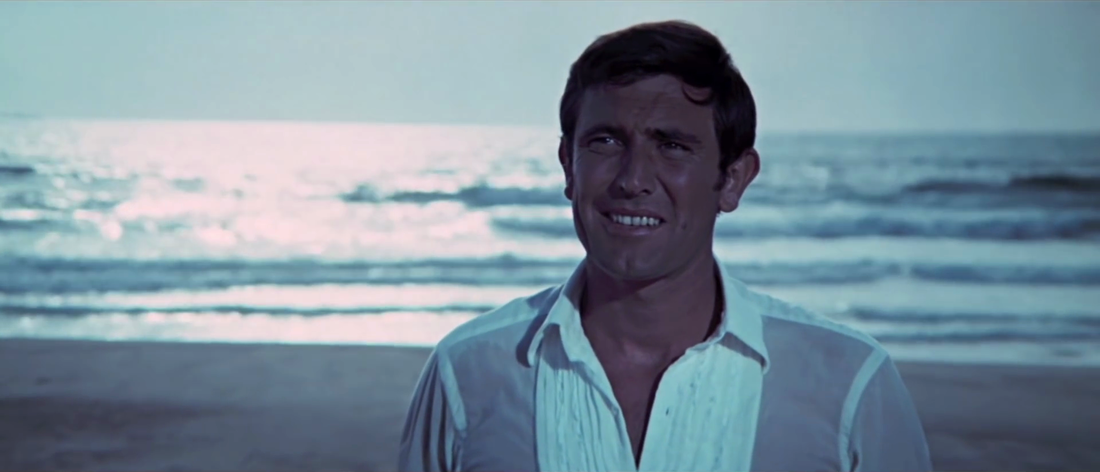
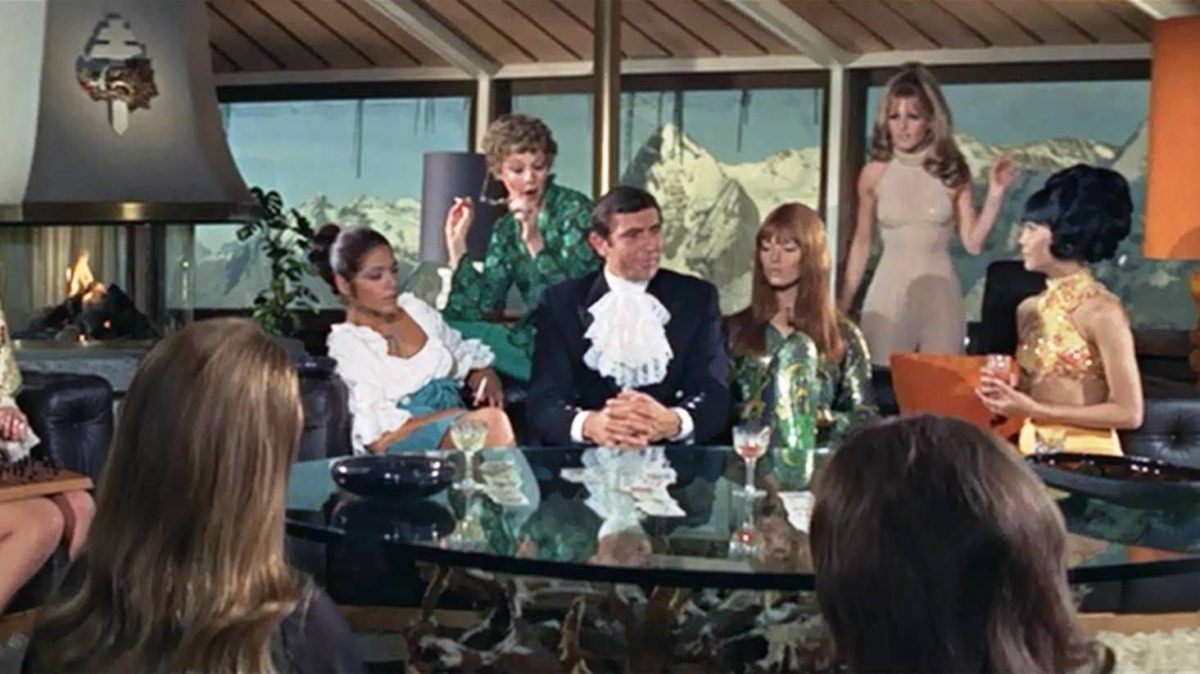
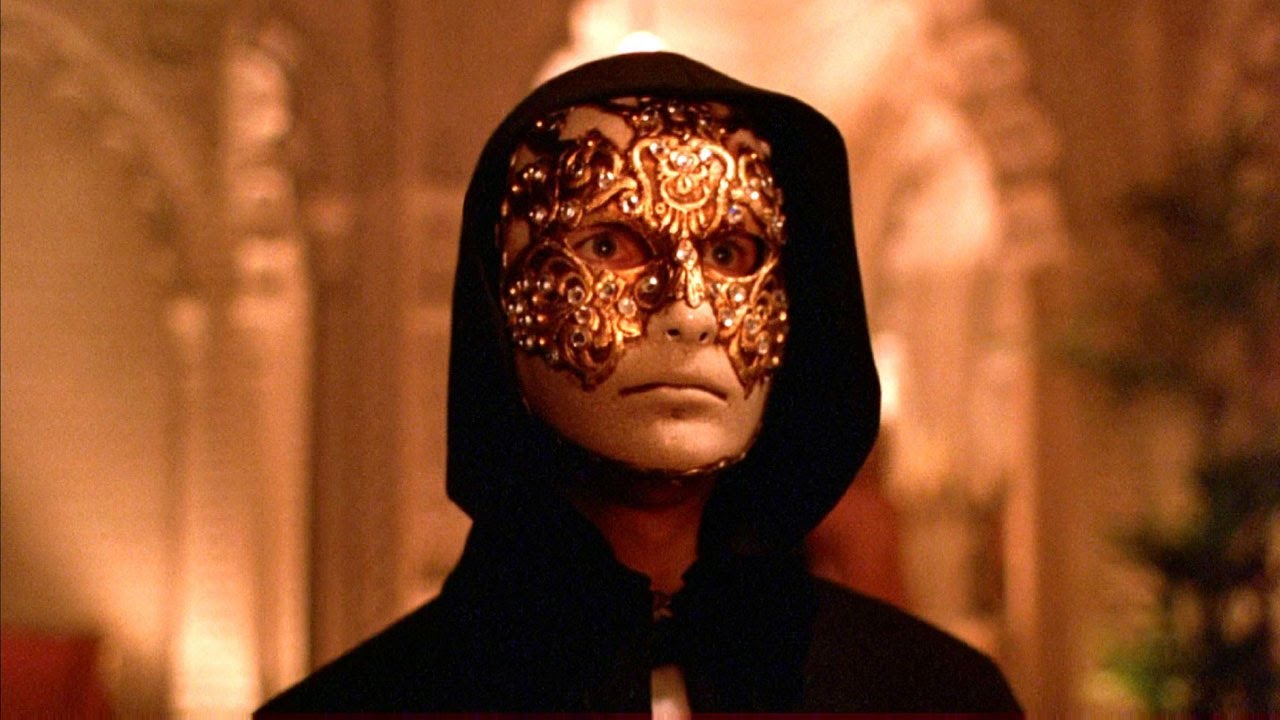
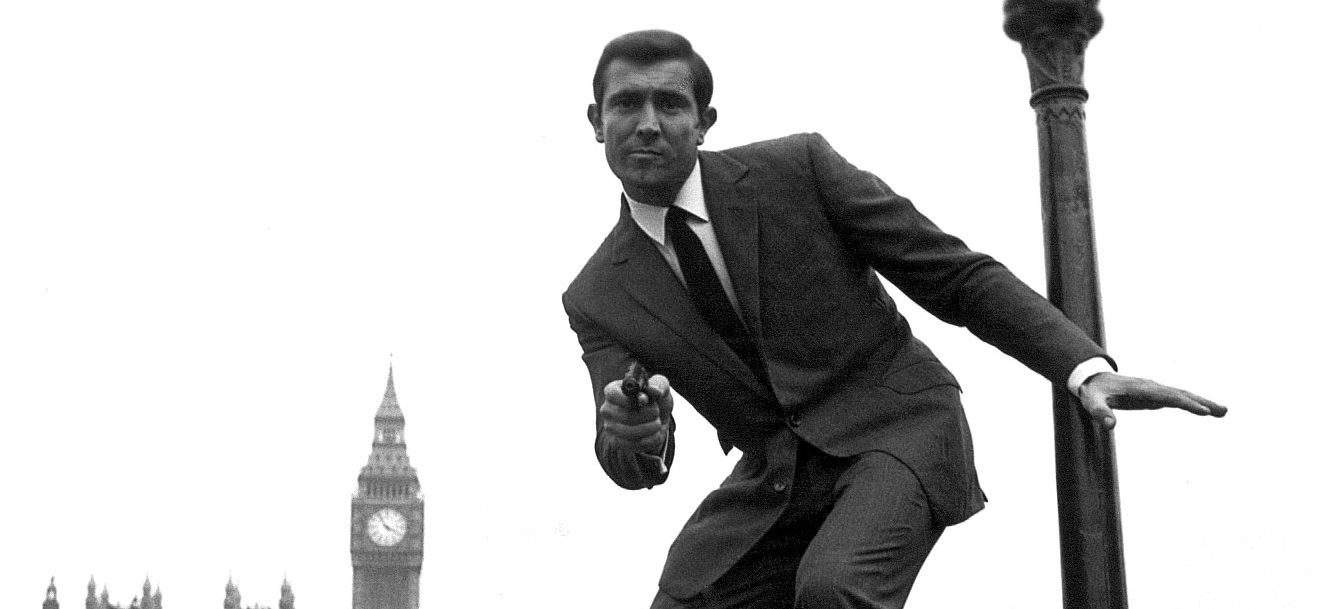
 RSS Feed
RSS Feed
